Supplements for weight loss: What are they and how do they work
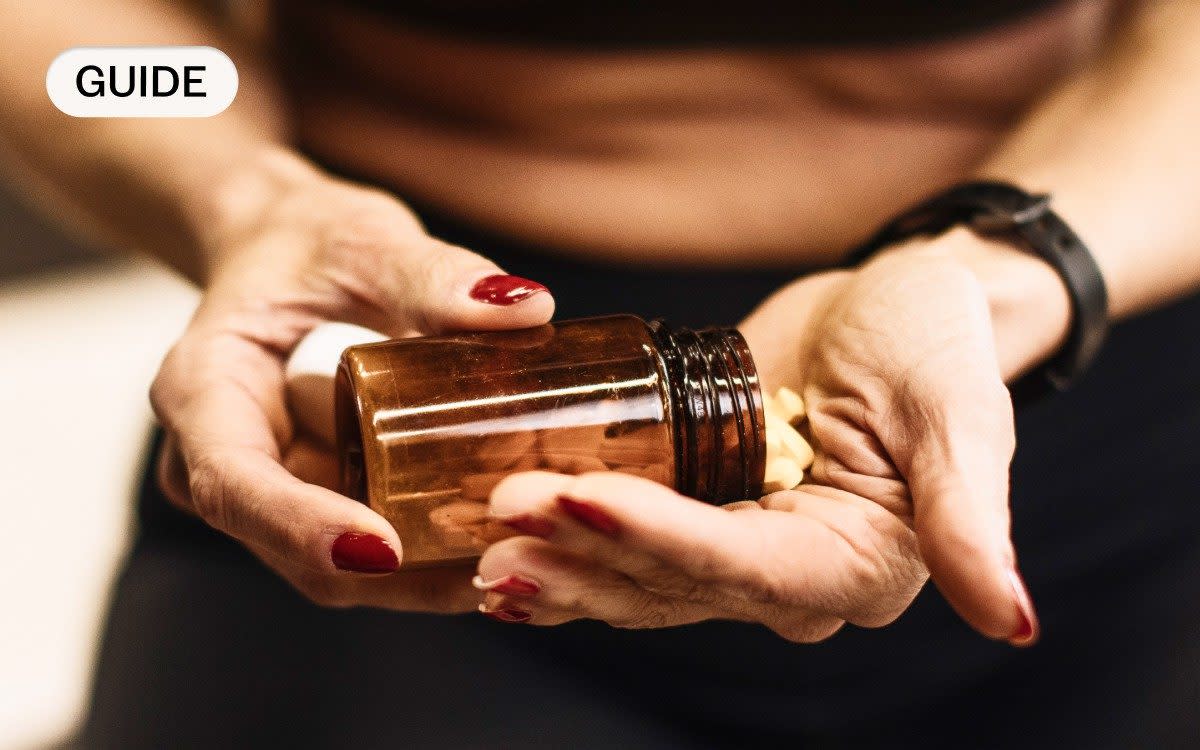
Losing weight can be tough. It requires consistently eating healthily and exercising; sometimes it can feel like fighting a losing battle.
It’s not surprising then that reaching for the many weight-loss supplements you can buy over the counter can be tempting.
Experts caution, however, that supplements are often expensive, unregulated and in most cases won’t make any significant difference to our weight. Scientific research is limited and often paid for by the manufacturers.
“Weight loss supplements, unlike prescription drugs, are unregulated and don’t have to be effective to be sold. I don’t know of any supplements marketed for weight loss that deliver on the promises and are effective for healthy, sustainable weight loss,” says Dr Federica Amati, the head nutritionist at Zoe, the science and nutrition company.
Other experts point out that even though some supplements can help with weight loss, they will only work as part of a healthy diet and exercise regime.
“You can’t rely on weight loss supplements alone to lose weight. Sadly, many claim to be the panacea for weight loss. Short cuts don’t exist and if it sounds too good to be true, then it probably is,” says Dr Samantha Gill, a specialist gastroenterology dietitian.
If you’re considering trying them, read on to find out how they work, what they contain and whether they are safe to take.
How do weight loss supplements work?
Weight loss supplements claim to work in one of three ways: they either limit our absorption of fat from foods, speed up our metabolism to burn more calories or make us feel fuller so we eat less.
The supplements contain a mixture of natural and artificial compounds and different brands use different combinations. Read on to find out more about the most commonly used ingredients.
Caffeine
Caffeine is good for our health, provided it agrees with you, and is a common ingredient in weight loss supplements. On its own, it can improve concentration, memory and workout performance, and it is associated with weight loss because it speeds up our metabolism. However, it won’t bring about weight loss on its own, and we may become tolerant to it over time.
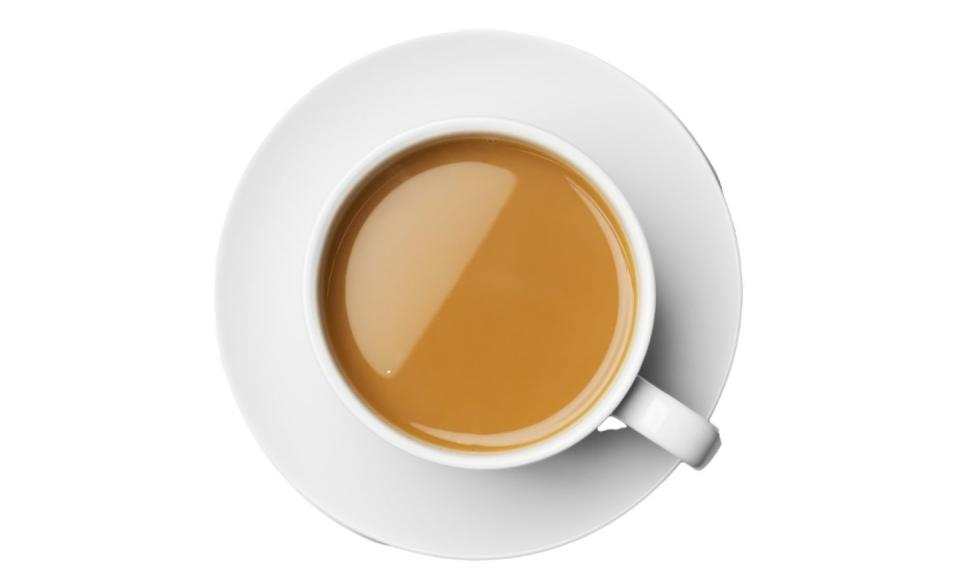
“Coffee and tea have their place within a healthy and balanced diet and do contain flavonoids which may help reduce disease risk,” says Nichola Ludlam-Raine, the dietitian and author of How Not to Eat Ultra-Processed.
“I advise my patients to keep to below 400mg of caffeine a day (four cups of coffee or slightly more for tea). Drinking caffeine too close to bedtime may also disrupt sleep – which is not good for weight loss as sleep is essential for making better choices the next day,” says Ludlam-Raine.
“The evidence on the effect of caffeine on weight is mixed. Drink coffee because you enjoy the taste. Don’t rely on it for weight loss,” says Dr Gill.
Green tea and green tea extract
Green tea, taken as a drink or in a pill, also contains caffeine so like coffee it boosts attention and focus. It is also good for the gut and may help to manage blood sugar levels. For weight loss, the claim is that green tea speeds up metabolism and can help us burn more calories and break down excess fat. Yet studies show that it only leads to a “small, statistically insignificant” effect on weight loss.
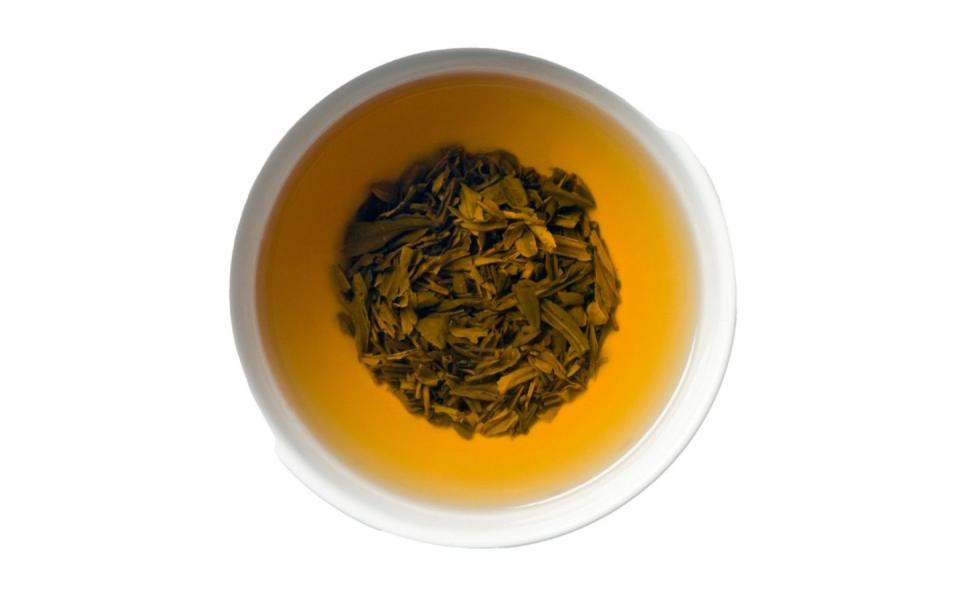
“Green tea catechins can play a part in increasing fat oxidation with exercise, but you need the exercise to achieve this and it is likely to have a marginal impact,” says Dr Amati.
“I would say to enjoy green tea in moderation if you enjoy the taste, not for weight loss purposes,” says Ludlam-Raine.
Drinking green tea is safe and good for our health, but green tea extract as a supplement can have side effects according to the leading medical research agency in the US. The National Institutes of Health lists possible side effects as: “Constipation, abdominal discomfort, nausea and increased blood pressure. In some people, it has been linked to liver damage.”
Yerba mate
Yerba mate tea, a traditional drink in South America, is similar to green tea and contains many of the same healthy antioxidants. You can find it as a tea or in supplement form.
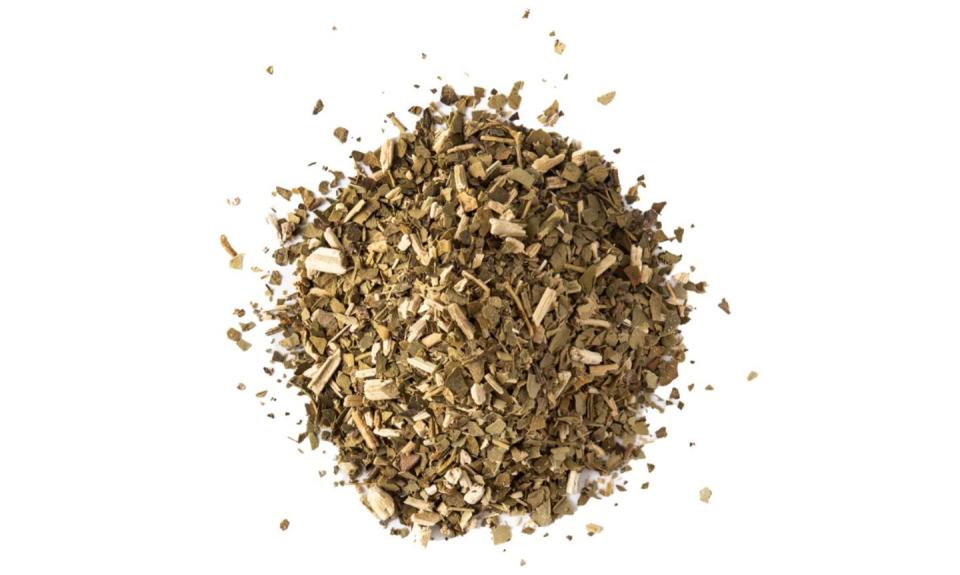
It also contains caffeine so boosts metabolism and energy and therefore may help support weight loss, but only alongside a healthy diet.
Fibre
Many forms of fibre are used in weight loss supplements to bring about satiety. Yet experts say that it’s best to get our fibre from the usual foodstuffs we eat.
“Fibre supplements contain only one type of fibre. In plant-based foods, there are many types of fibre, as well as plant chemicals, vitamins and minerals – you’re getting far more nutritionally,” says Dr Gill.
Omtec 50
Omtec 50 is a natural fibre made from white kidney beans that aims to reduce the absorption of calories and at the same time make us feel full. It is sold in capsules. So far, research has shown some promise for weight loss, but longer-term studies are needed.
Apple cider vinegar
Apple cider vinegar is “all the rage, but I wouldn’t recommend taking it for weight loss as there is very little evidence. Plus it’s highly acidic so it can damage your teeth,” says Dr Gill.
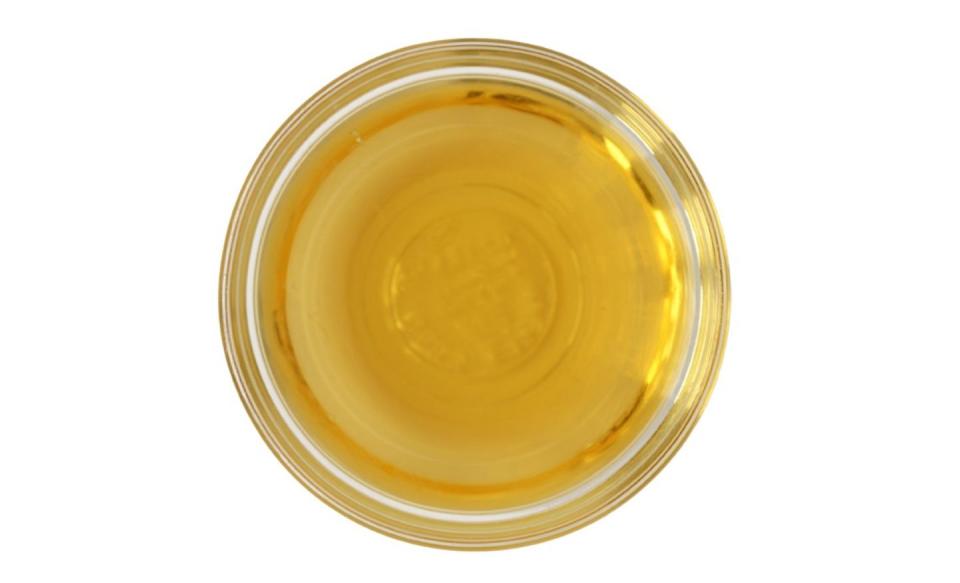
There are, however, some health benefits to apple cider vinegar including lowering blood sugar, decreasing cholesterol levels, and killing harmful bacteria and viruses. If you want to take advantage of those benefits try using it in a salad dressing. “It makes a nice salad dressing with extra virgin olive oil and half a teaspoon of mustard,” says Dr Amati.
Glucomannan (also known as konjac fibre)
Glucomannan is a natural dietary fibre made from the root of the konjac plant. It has an exceptional ability to absorb water to help you feel full.
Studies have shown that Glucomannan can bring about limited weight loss in overweight people but is much more effective when combined with healthy eating.
Glucomannan comes in capsules, powder and noodles, the effect is the same, it’s just a matter of preference. Konjac jellies were banned across Europe because they are a choking hazard, but other forms are safe provided you stick to the dosage and wash it down with lots of water.
Litramine
Another natural fibre made from the cactus plant, Litramine is available in pills and powders and works by absorbing some of the fat we eat. Limited studies indicate some effectiveness.
Orlistat
Orlistat is a prescription weight loss drug that is also available from a pharmacist at a lower dose. It works by preventing about a third of the fat you eat from being absorbed by the body. Orlistat will only be prescribed if you’re above a BMI of 28 and have other weight-related conditions.
Studies have shown that Orlistat will increase weight loss alongside a diet. Side effects can include fatty stools, flatulence and oily spotting on underwear. “This has helped some of my patients in the past, but most do not tolerate it well,” says Ludlam-Raine.
B vitamins
B vitamins are essential for our brain health, skin health and metabolism, as they help convert food into energy which is why some weight-loss supplements include them. Some studies have indicated a link between low levels of B12 and a higher risk of obesity, but more research is needed.
Kelp
Kelp is a form of seaweed and as such is a powerhouse of vitamins, nutrients and iodine. It contains high amounts of fibre which is why it’s often found in weight loss pills, but the evidence for weight loss is so far inconclusive.
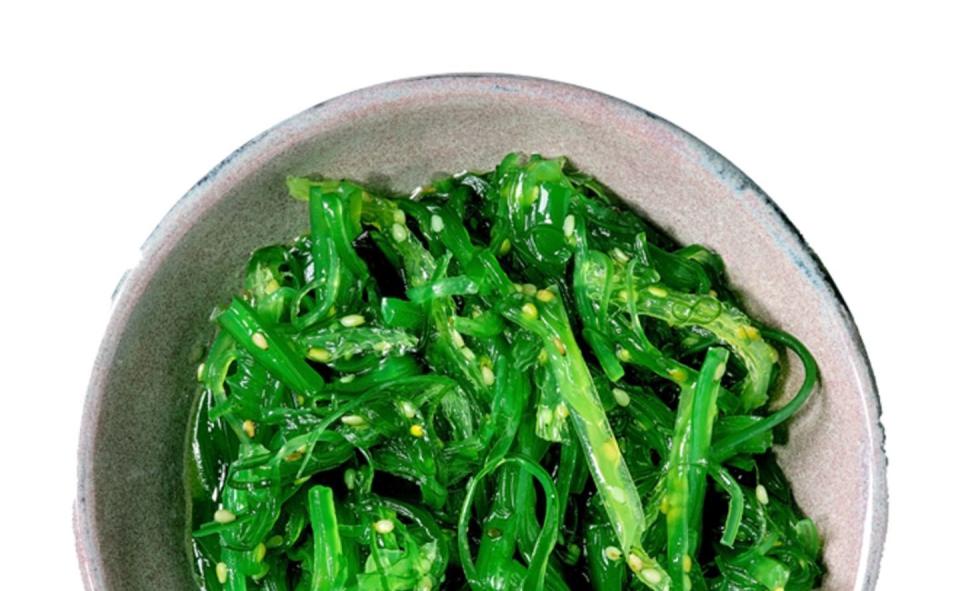
Choline
Choline is a nutrient similar to B vitamins and is either sold on its own or mixed into weight loss supplements. It is vital for our liver health and helps to stop our liver from absorbing unnecessary fat. One small study of 22 athletes found that choline helped female athletes lose weight, but more research is needed.
L-carnitine
L-carnitine is an amino acid that occurs naturally in the body and is sold in weight-loss pills because it helps burn fatty acids in your body for energy. Some studies have shown it can be helpful for weight loss, but more research is needed.
What are the best alternatives to weight loss supplements?
Experts believe that only long-term changes to our diet and exercise will bring about sustained weight loss.
“In general, I find pills and potions to be a distraction to the dietary and lifestyle changes that need to be put into place,” says Ludlam-Raine.
“Sometimes people confuse weight loss with fat loss. People usually want to lose the latter, and to preserve as much lean muscle as possible, as opposed to just dropping water weight on the scales – but glycogen and water are usually lost in large amounts at the start of any diet and can be confused with fat loss,” she adds.
Sustained weight loss can be achieved by:
Making it easy to eat well at home by surrounding yourself with foods that help you achieve your goal
Becoming a diet detective – do a food diary for a week to learn about your eating habits
Learning to cook a few healthy staples
Focus on adding greens, pulses and beans, berries, whole grains, nuts and seeds and oily fish to your plate
Cut down on alcohol or stop completely
Cut out energy drinks, sodas and store-bought smoothies and reduce sugar consumption
Make small changes you can stick to like: a 10-12 hour dietary window, or go for a walk after eating
Move for at least 30 minutes a day
Sleep 7-8 hours per night
What do the experts recommend for weight loss supplements?
If your weight is posing a serious risk to your overall health, your doctor may prescribe the new generation of GLP-1 weight loss drugs such as Wegovy.
“The new generation of weight loss drugs offers a medical solution to a growing societal issue. But they are a lifelong prescription and they have side effects; if you stop taking them you are more likely than not to put the weight back on if you haven’t made significant dietary and physical activity changes alongside the prescription,” says Dr Amati.
“Even with these drugs, a healthy dietary pattern and regular daily movement are necessary for long-term health.”
Tips by Dr Federica Amati and Nichola Ludlan-Raine

 Yahoo News
Yahoo News 
